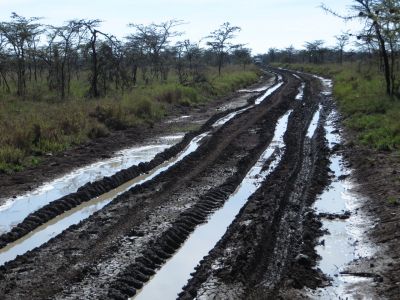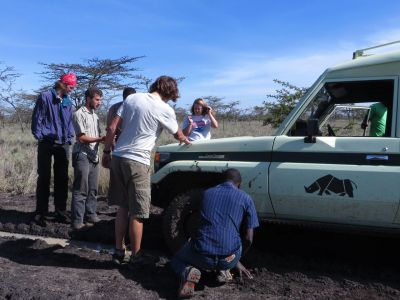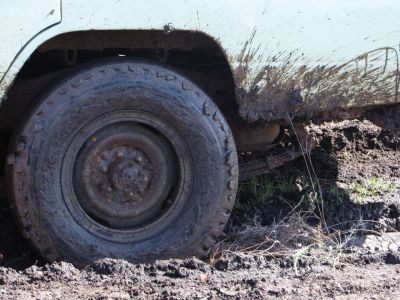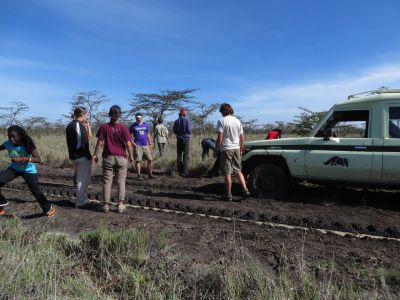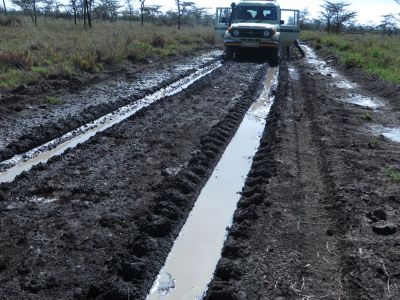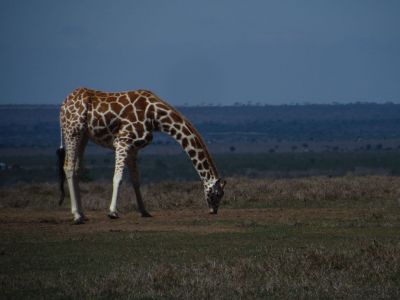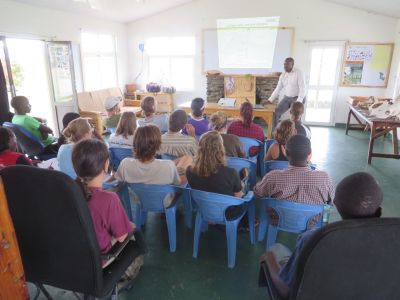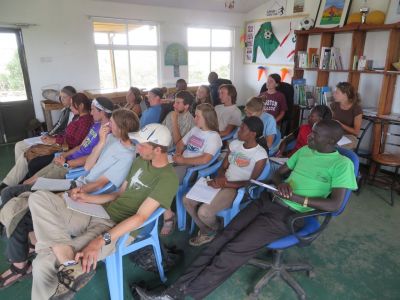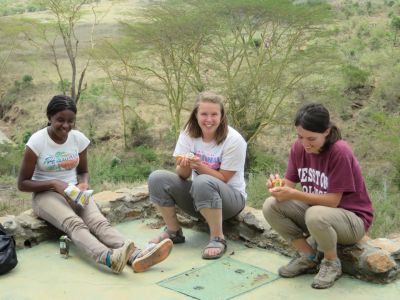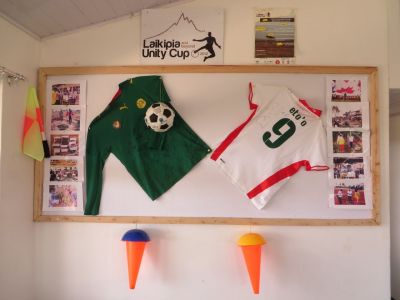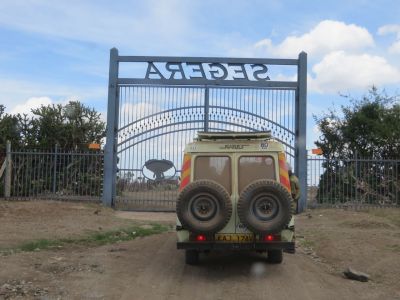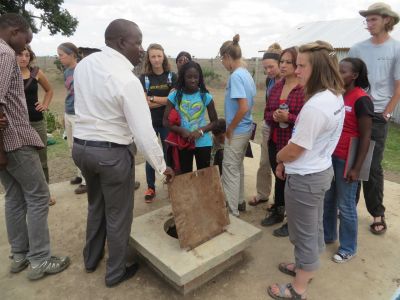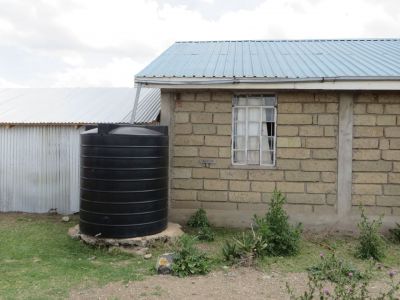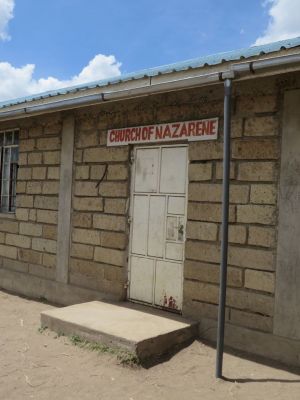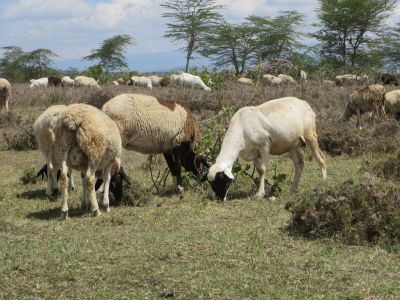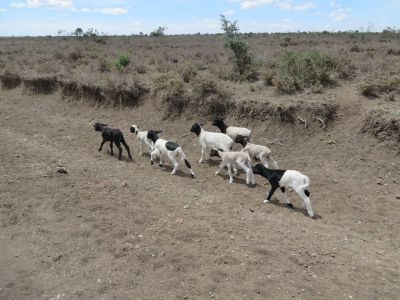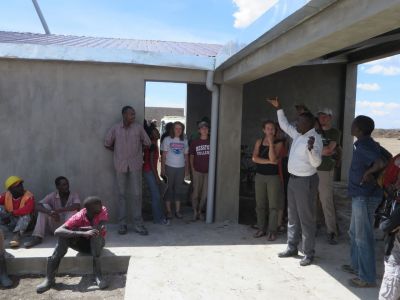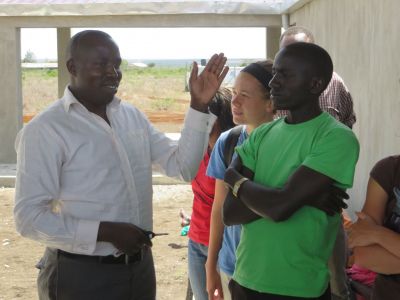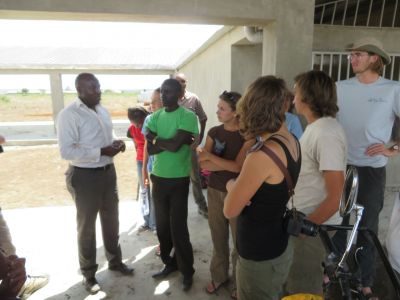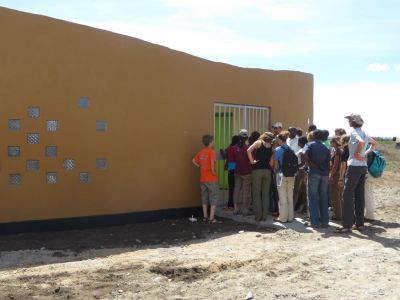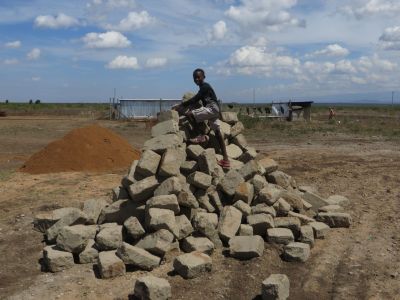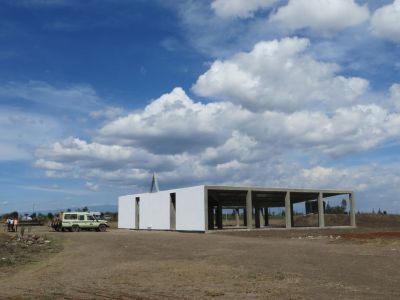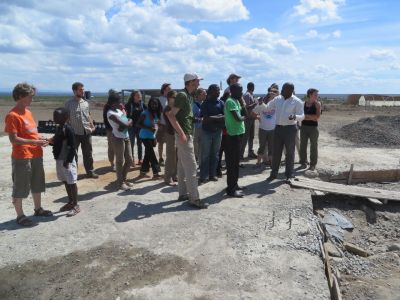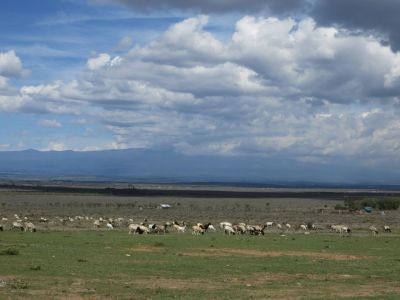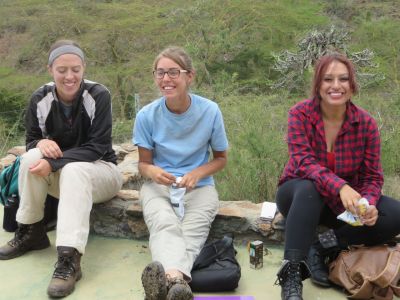
Friday May 16th, 2014
Today was our visit to Segera. Originally scheduled for Monday of this week, we, as a class, were glad to be able to go and visit at all– roads had been washed out earlier, as the black cotton variety of soil that is between us and Segera holds water very well, and for a very long time. So long, in fact, that the roads were still a little bit untraversable– our land rover got stuck twice, the second time requiring us to be pulled out by a friendly gentleman in a more all-terrain truck… who got stuck in pulling us out of the mud himself, so we got the chance to return the favour immediately.
On arriving in Segera, we proceeded immediately to the end of the ranch– we were unfortunately unable to meet with the ranch manager, as we had with all of our other visits. Instead, we had a chance to speak with a representative of the Zeitz Foundation. The Zeitz Foundation is an organization that is founded and funded in large part by Jochen Zeitz, former CEO of Puma shoe company, and owner of Segera ranch. The purpose of the foundation is community outreach to the groups of individuals living in and around the ranch, and promoting ecological sustainability.
I came into this visit wondering if it might be another classic Western aid corporation, throwing the money of some wealthy foreigner at “Africa” in the abstract, so that he could feel good about himself, and it was anything but. The
representative speaking to us, Njenga, gave us a very compelling presentation detailing the work of the Zeitz Foundation: In short, they work on conservation of a few iconic African mammals and birds, and they have a model for helping local communities, many largely pastorialist, that revolves around not providing any answers, but simply facilitating discussions in which the community decides what it wants, how it can get it, and who will effect it, to ensure that the local communities feel ownership of their projects, and to try to combat the paradigm that they assert is all to common of “If there’s a problem, other folks will come in and fix it.” In addition, they run a youth soccer league that rewards teams for accomplishing ecological goals in their home communities, as well as for actually scoring goals on the pitch.
After hearing this inspiring speech, Njenga took us out to see a few of the Zeitz Foundation’s “interventions”– they are very big on using roofs to capture rain water, stored in cisterns, and they have helped to install these in many places, and so we saw several of these, as well as a new soccer academy that the Zeitz foundation has elected to build at a nearby public secondary school.
We took a night game drive in the evening, the highlight of which was probably a baby hippo that we ran across as it foraged.
Peter Reimer, Biology – GC 2016





